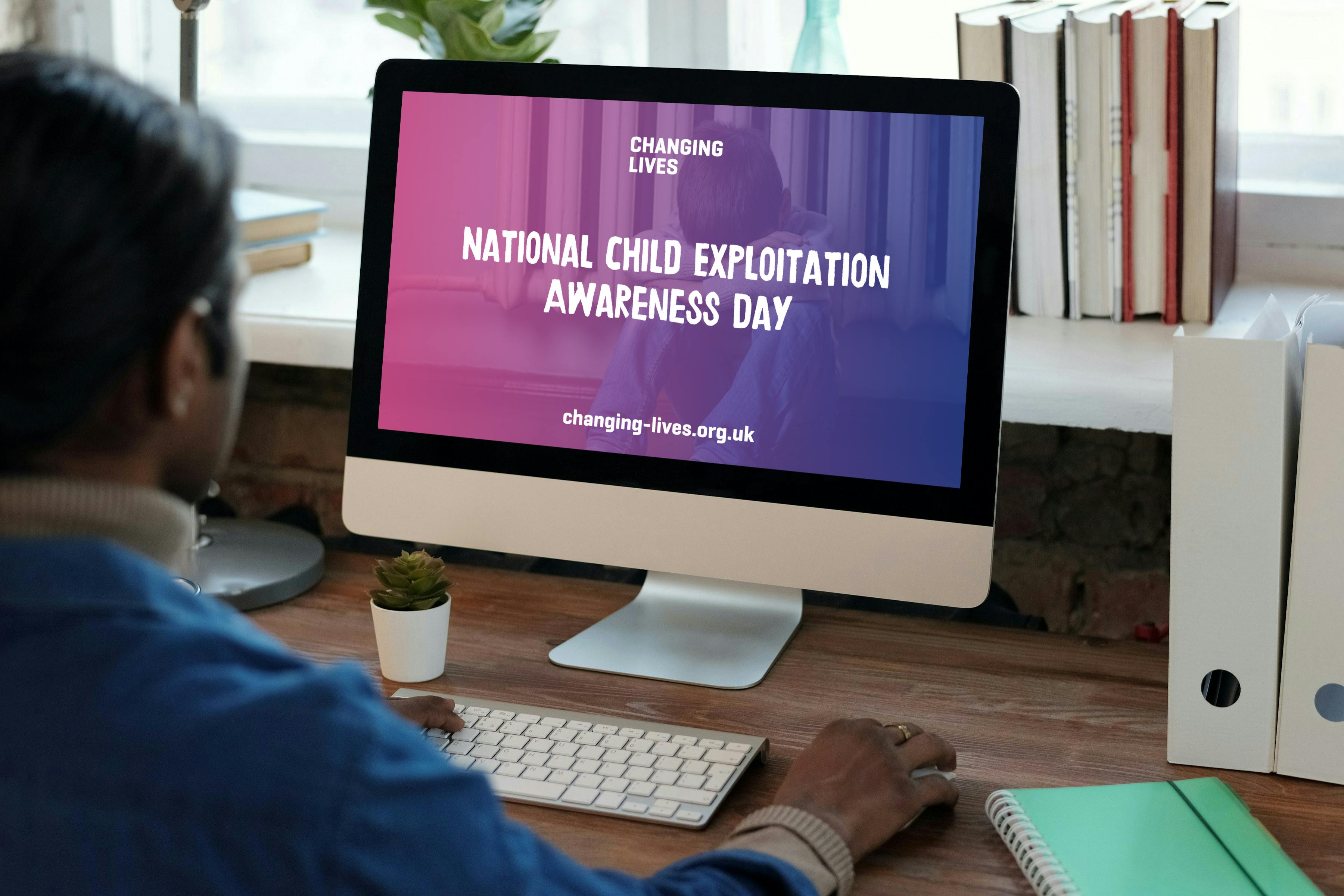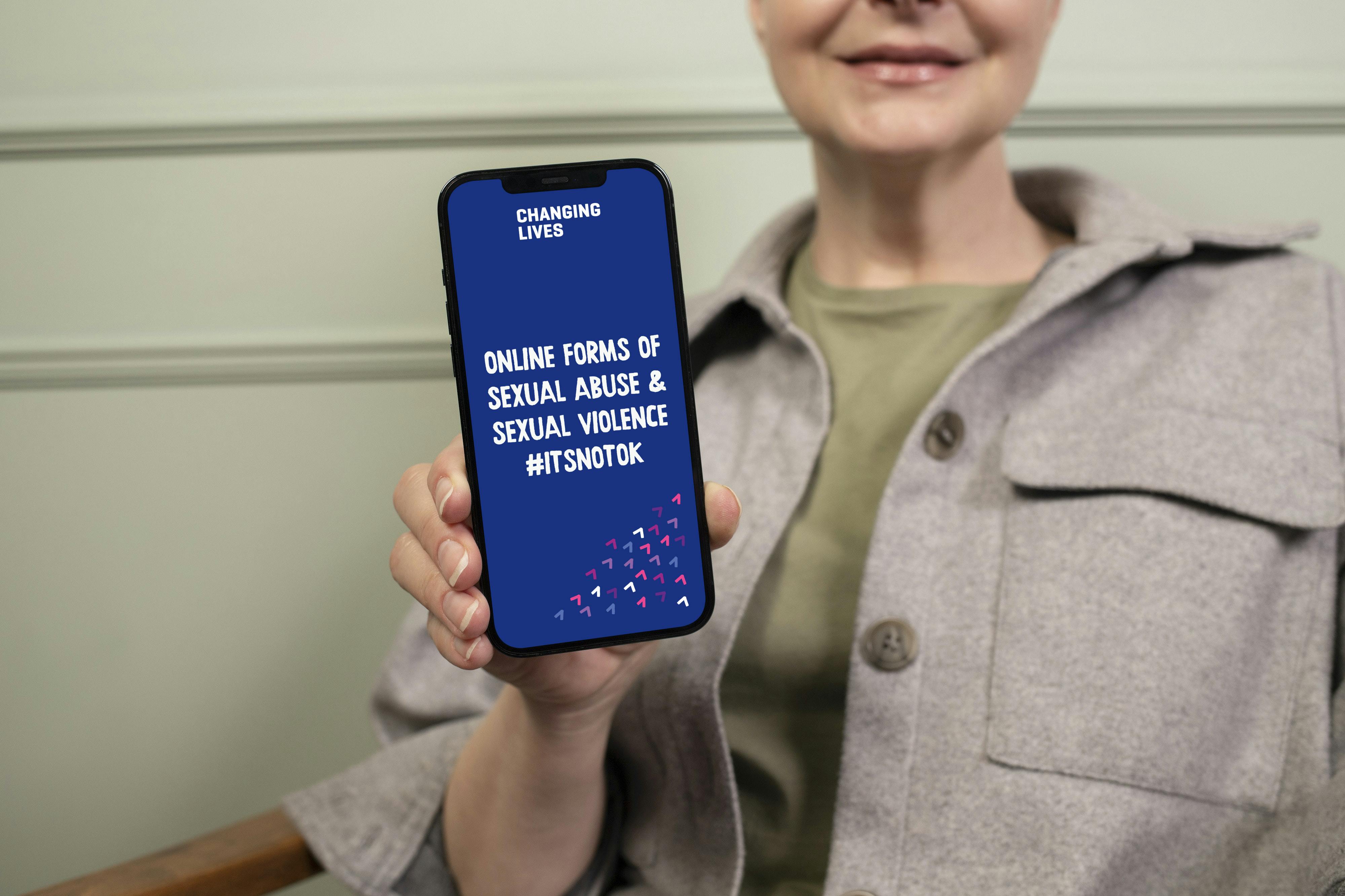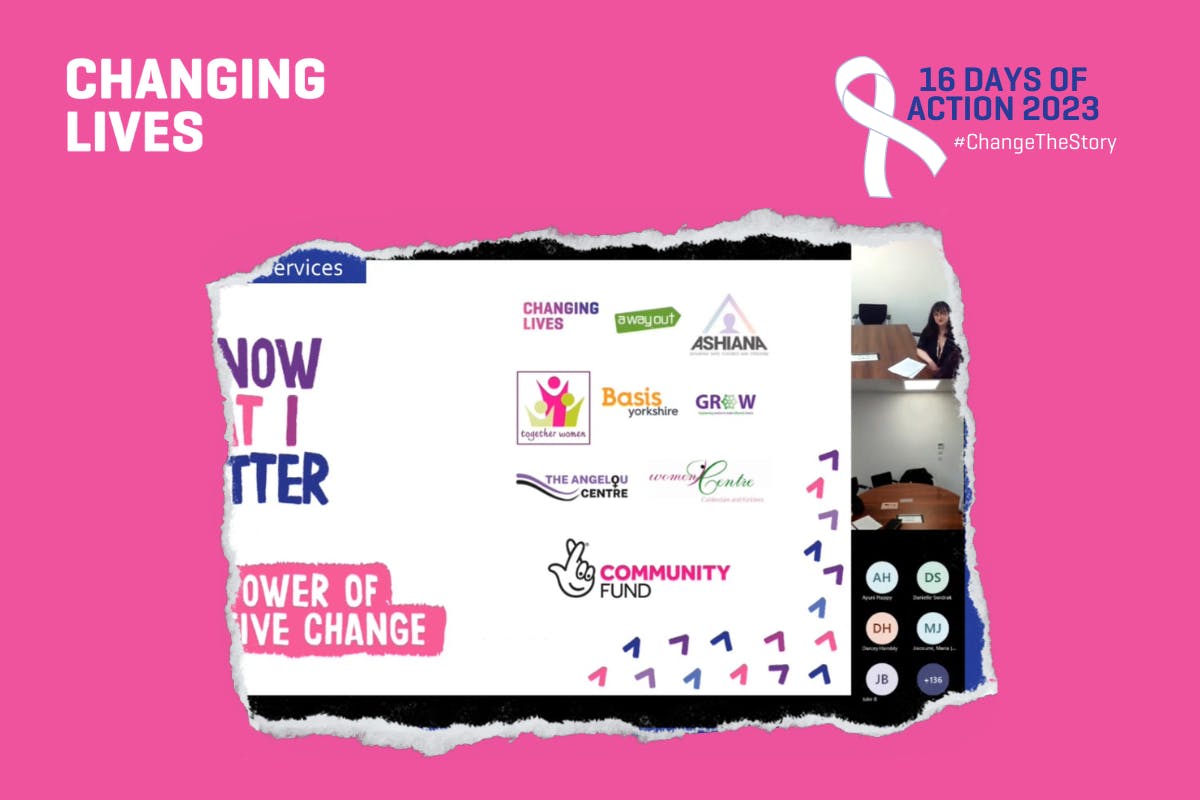Today is National Child Exploitation Awareness Day. As a provider of services to adults and young people who have experienced sexual exploitation, we are proud to use our voice to those of many others seeking to protect the vulnerable from horrendous abuse.
There is lots of great work going on around the country to protect children from all forms of exploitation but there is still more to be done. Home Office data shows that in 2022 7,019 children were referred to the National Referral Mechanism having been identified as potential victims of modern slavery.
Despite this, not all young people receive the support that they need. There are many reasons for this, including people not believing them when they disclose the abuse, and also a lack of funding for specialist services.
Even more concerningly, the often limited support that is available for children often drops off when people turn 18.
There is a common misconception that only children can experience sexual exploitation – this is far from the truth. Sexual exploitation is a form of sexual abuse that occurs where an individual or group takes advantage of an imbalance of power to coerce, manipulate or deceive a person into sexual activity. This may in exchange for something the victim needs or wants, or for the financial advantage or increase status of the perpetrator.
Anyone of any age can be sexually exploited. Age is just one example of a power imbalance that can be taken advantage of. Yet we still hear of women being told by police officers that they can’t have been sexually exploited because they’re over 18, or being described as sex workers now that they’re an adult, despite the fact that nothing about their situation has changed since it began when she was 15.
The STAGE project, which supports adults who have experienced sexual exploitation, found that not only does young women’s vulnerability to exploitation not vanish upon turning 18 but sometimes the risk can actually increase as perpetrators know that the protection around them often decreases at this age.
When sexual exploitation is identified in childhood, it is vital that support continues into adulthood. What this means in practice is not only do adult services need to exist in the first place, but there needs to be collaboration between children and adult’s services to avoid a cliff edge of support.
This includes making early referrals into adult specialist sexual exploitation services as young people approach adulthood, to facilitate a smooth transition, and ensuring that all necessary assessments of vulnerability are completed to guarantee that those who need it will be granted adult safeguarding support.
We also need better recognition that sexual exploitation can occur at all ages. There is currently a statutory definition of child sexual exploitation with accompanying guidance, but no such definition and guidance for adults. A statutory definition for adults would be the necessary starting point for change across safeguarding, law enforcement and beyond.
Children do not stay children forever, but the duty of care and acknowledgement of vulnerability that began in childhood should not end when they turn 18.
You can read more about the age of transition into adulthood amongst women experiencing sexual exploitation here.






